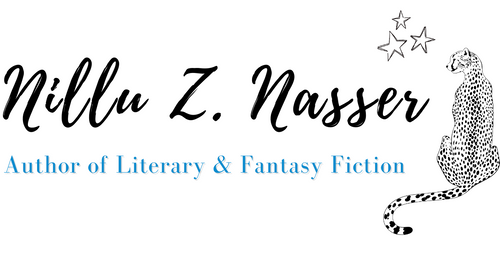 Photo by Bill Rogers
Photo by Bill Rogers
The rules we came up with were simple. Each writer wrote 300 words. Once the story landed in their inbox, they had a maximum of four days to read the preceding parts and submit their own. No discussions with other writers in the group were allowed. There were no genre restrictions (and this for a group which includes fantasy, science fiction, romance, mystery, horror and literary writers). The story was edited only if necessary for continuity or grammar. I’ll be posting the results of the collaboration here on three consecutive weeks beginning on Monday. A huge thanks to all the writers involved, particularly @DrewChial, who is working on a group picture of the writers to accompany the complete piece. *Sends a very uncool but grateful high-five through the ether*.

Photo by Richard Smith
@jimmicampkin called this collaboration a literary Chinese Whispers. Its informal nature reminds me of the oral tradition, or specifically, stories told around campfires. In fact, the game is based on an old parlour game called Consequences. In the 1920s it became popular with artistic and literary types during the Parisian Surrealist Movement. Andre Breton played the game with friends at a house at 54 Rue du Chateau in Paris. They renamed it Exquisite Corpse after a particular game in which they came up with the sentence “Le cadavre exquis boira le vin nouveau” – “The exquisite corpse will drink the young wine”.
Exquisite Corpse can take many forms and can be played with stories, poems and pictures. Surrealists, including Andre Breton, Joan Miró, Marcel Duchamp, Jacques Prévert and Benjamin Péret, used games not only for recreation but for investigation, believing that randomness could play a part in conjuring art and that the unconscious mind has an important role to play in creativity. They were keen to disrupt the waking mind’s penchant for order.

Photo by Leanne Surfleet
As a child I used to play called Consequences with my friends. We would sit in a circle, each with our own piece of paper. The game required us to write down the name of a boy, girl, where they met, what they said to each other, what they did and what happened at the end. Each time an element of the story was written the paper would be folded over to conceal the words, then passed to our neighbour to write down the next words. Sometimes we used people we knew, boys we fancied. Or famous people we liked. We would end up with silly jumbled up stories that produced merriment and sometimes had synchronicity with real life.
There you have it then. Tune in on Monday for part one of our version of Exquisite Corpse to see which writers are involved and hear about the trials of our protagonist Will. I can’t wait to see what you think.
